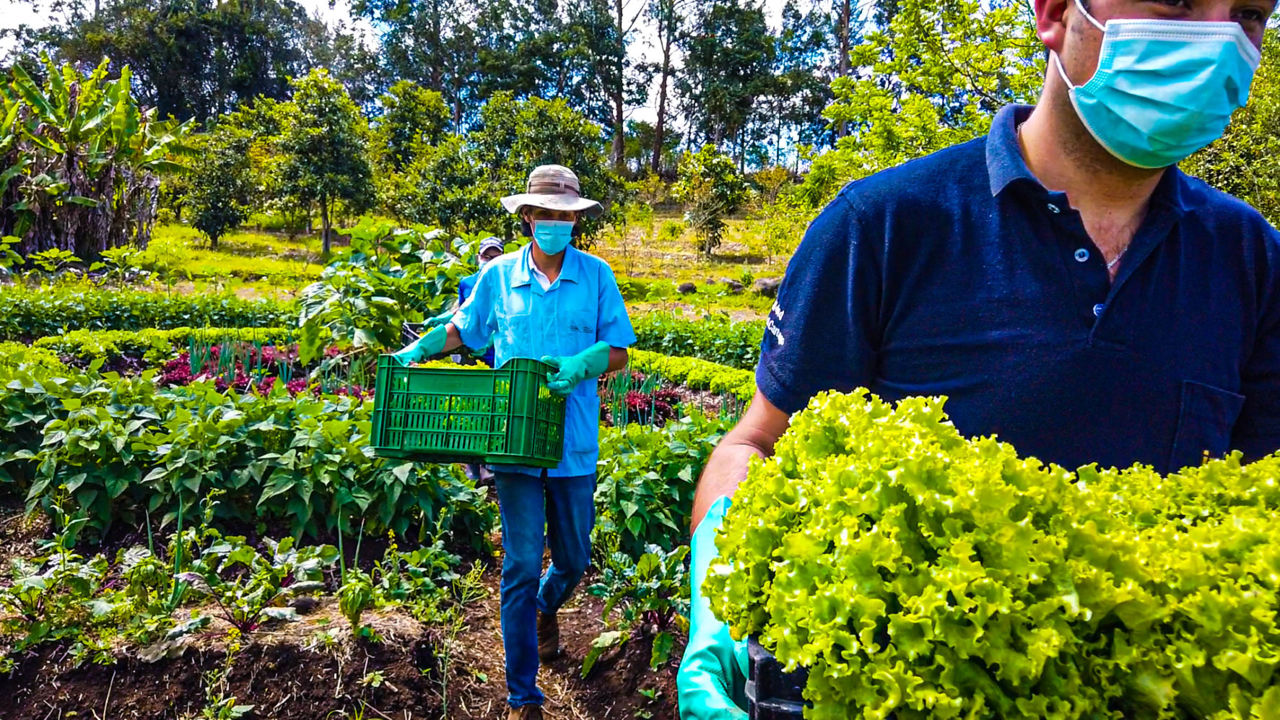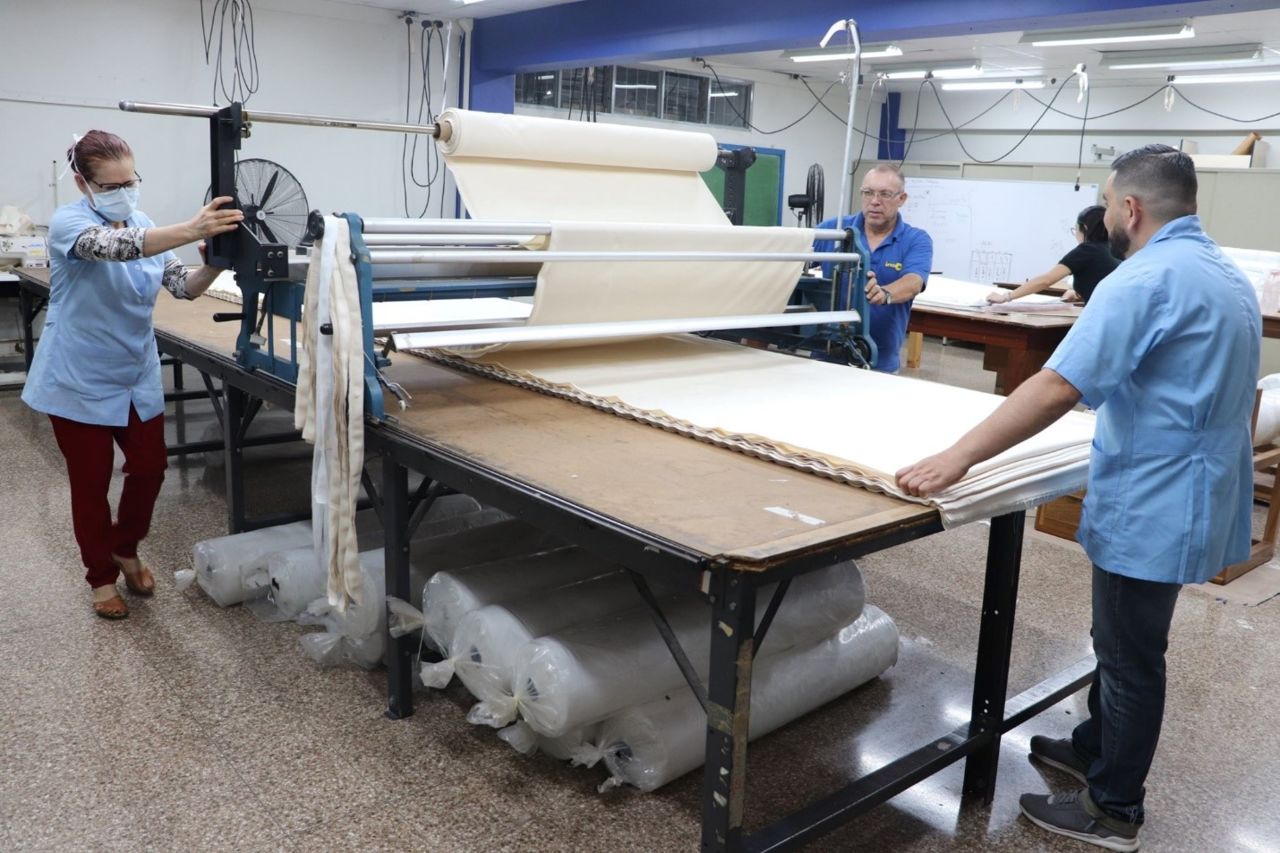14 September 2021
Costa Rica’s National Learning Institute puts itself at the heart (and stomach) of the pandemic response
With the disease throwing millions out of work worldwide, providing the basics of life has become a priority for governments.

Costa Rica’s Food Bank has benefited from the growing skills of some of its colleges with donations that are also 100% organic.
Fresh vegetables grown by the National Center for Specialized Organic Agriculture (CNEAO), in Cartago province are being given to local people at social risk.
The food, including lettuce, coriander, basil, celery, and beets, was produced using 100% organic methods and products by teaching staff from the college. The food bank estimates that around 40,000 people are now dependent on this kind of support.
Fabian Pacheco, the manager of CNEAO said, “The crisis we are experiencing has generated an awakening to the need for organic gardens and food. We are very proud of our technical teaching trainers in organic agriculture in Costa Rica and graduates of the Women Seed program who are leading various processes of conversion to organic agriculture.”
Other colleges and students have risen to the challenge of supported the country’s essential workers with personal protection equipment.
In Sarchi, a city in the middle of the country, the National Learning Institute (INA), Member organization to WorldSkills International, has turned its local headquarters over to face masks designed and produced by local trainers.
The masks were made using complex laser equipment, with the Institute saying the expertise involved and the development of knowledge will help with the economic recovery after coronavirus.
For Sachi’s mayor, Luis Oscar Quesada Esquivel, the mask gave him “great peace of mind,” for his employees on the front line of the emergency.
Technical trainers at INA have also produced 13,000 face masks for hospital staff. The manufacturing process was carried out in the 3D Modeling and Printing Laboratory, "Innovatio", of INA Specialized Center for Graphics and Plastic Industry, in San José, Costa Rica.
The project brought together expertise from metalwork, graphics, and plastics, with a design developed by the Technological Institute of Costa Rica.
Equally impressive are the 65,000 protective gowns designed and manufactured by trainers using their skills from the fashion industry as well as industrial clothing and tailoring.
The INA has promised to continue to deliver the hospital gowns for as long as they are needed, with Costa Rica’s president Carlos Alvarado Quesada praising “the effort and the extraordinary work” of those involved.
